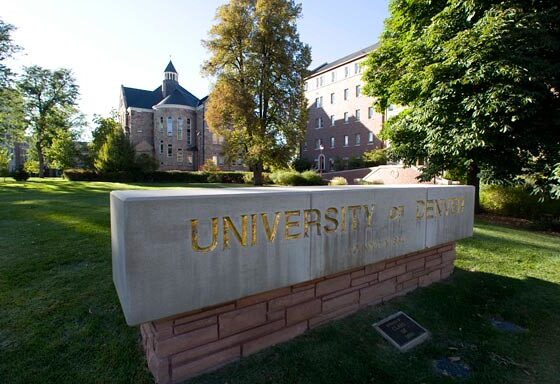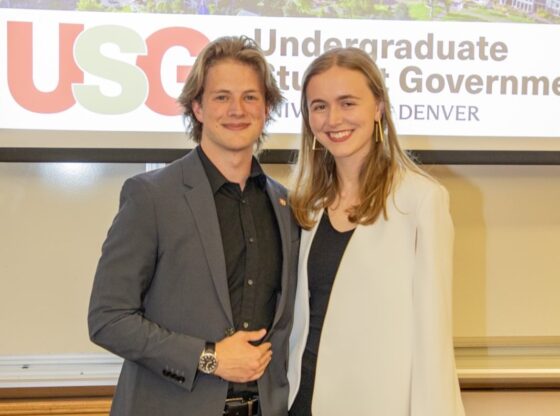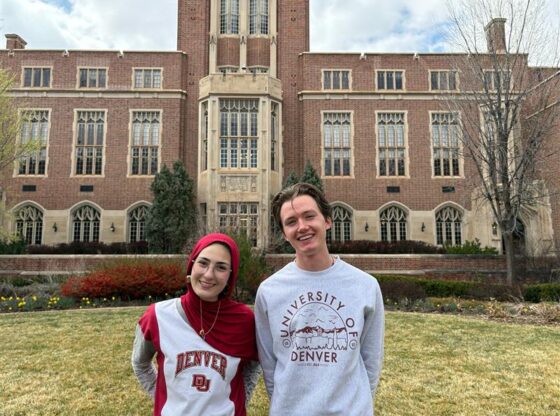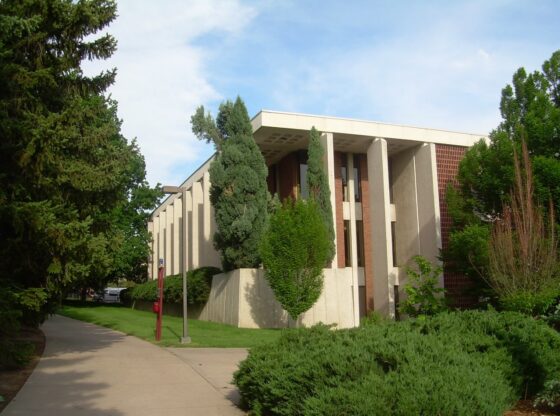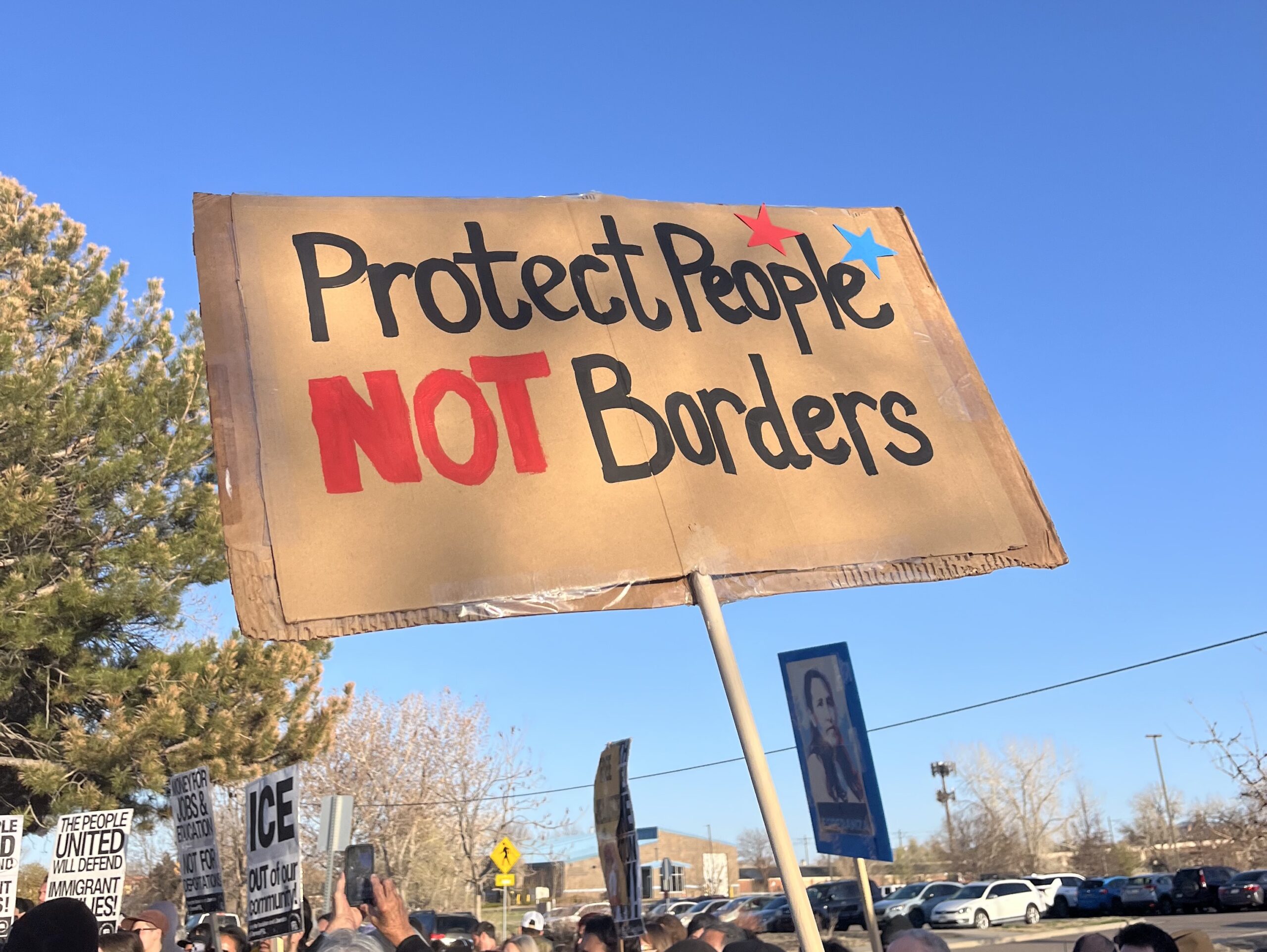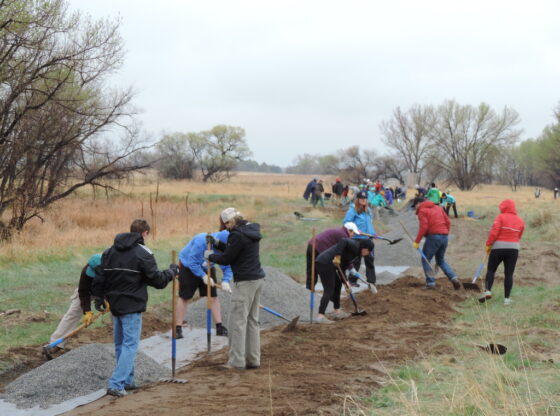Twenty recipients of the Fulbright Scholarship, the U.S. Department of State’s prestigious international educational grant, descended on DU last Thursday, March 31, for a closing seminar designed to help wrap up the students’ time in the United States.
The visiting students, all of whom were women from South America, are preparing to return to their home countries after having spent two or more years earning their master’s or doctorate’s at universities across the United States.
The closing conference at DU was one of several conferences for Fulbright scholars hosted at various institutions across the country.
The Fulbright has been hailed as the flagship international education scholarship. It was started after World War II by a senator who hoped the academic exchange between the United States and other countries would foster diplomacy and prevent another world war.
“The vision behind it is that if people could spend this time studying and living abroad it would create this mutual understanding,” said Mary Evans, program officer with the U.S. Department of State.
Over 3,800 students studied in the United States with the grant this year alone, while 5,500 U.S. students studied abroad.
Evans, referencing the women present, said they were full of passion and vision, and many were excited about going home and making lasting changes in the world.
“I have so many plans – I have big plans. Sometimes it’s daunting,” said Daniela Chacon-Arias, an Ecuadorian Fulbright scholar who is graduating with her master’s in public administration from George Washington University.
Chacon-Arias spoke about the difficulties she faced as a young woman trying to penetrate the political world in Ecuador.
“It was very difficult for young people to fully participate in political processes [because of a] lack of funding, lack of interest from the elites and from the system,” she said. “I decided that I had to do something about it.”
“When I go back [I want] to start a non-profit for all the future political leaders,” Chacon-Arias said. “I also want it to be a think-tank for public policies.”
Sofia Zarate, also from Ecuador, is wrapping up her master’s in business administration from Tulane University and also dreams of making a difference – but for her, this difference would be in education.
“I have three ideas, one is teaching,” said Zarate about her future. “I’m also thinking about creating my own company that’s probably related to education. And at the same time I’m also considering going and working for the government [in the Ministry of Education].”
For Carolina Forero, a Fulbright alumnus who graduated last year, the Fulbright was an open door into a world she once thought she was excluded from. Forero returned to the United States from Bogota, Colombia, this week for the conference.
“I came from a low-middle class family. We have struggled all my life. It would’ve been lovely to see somebody who was doing something different than I was expecting [to do],” she said. “And somehow I had this opportunity to see somebody who was traveling and changing other people’s lives, and it changed my life.”
Forero said she had wanted to break the rules that determined what her life as a woman in her class would look like.
“Being a Fulbright wasn’t something that happened in six months,” she said. “It happened all my life. I really wanted to achieve better goals and be a better woman.”
Forero is currently a manager at one of the largest banks in Colombia.
After graduating from the University of Pittsburgh, she returned to Bogota and decided to start reaching out to girls that intended to pursue a similar form of education but were held back for a variety of reasons.
“I try to interact with girls who have been abandoned, abused, or displaced by violent conflict,” said Forero, who regularly volunteers with non-profits. “I try to share time with them and give them something they don’t have, like love, and someone who is able to listen to them.”
“I decided I can change the world,” Forero said. “Now when I see other women who don’t have the opportunity to be in touch with women who have achieved something I see it as an opportunity to give back.”
She also has advice for students looking to study abroad.
“Maybe you are scared of sharing, or maybe you are comfortable with people similar to yourself,” Forero said, referring to students who hesitate to interact with others during their time abroad. “But you have to allow yourself to share with different cultures. When you go back, half of the changes are because of what you studied, but the other half is thanks to the people you knew and the cultures you were in touch with.”
Evans agrees strongly to Forero’s opinions.
“What does diplomacy look like in the twenty-first century?” Evans said. “People to people exchanges. People are able to break down barriers in ways talking heads of state can’t.”




